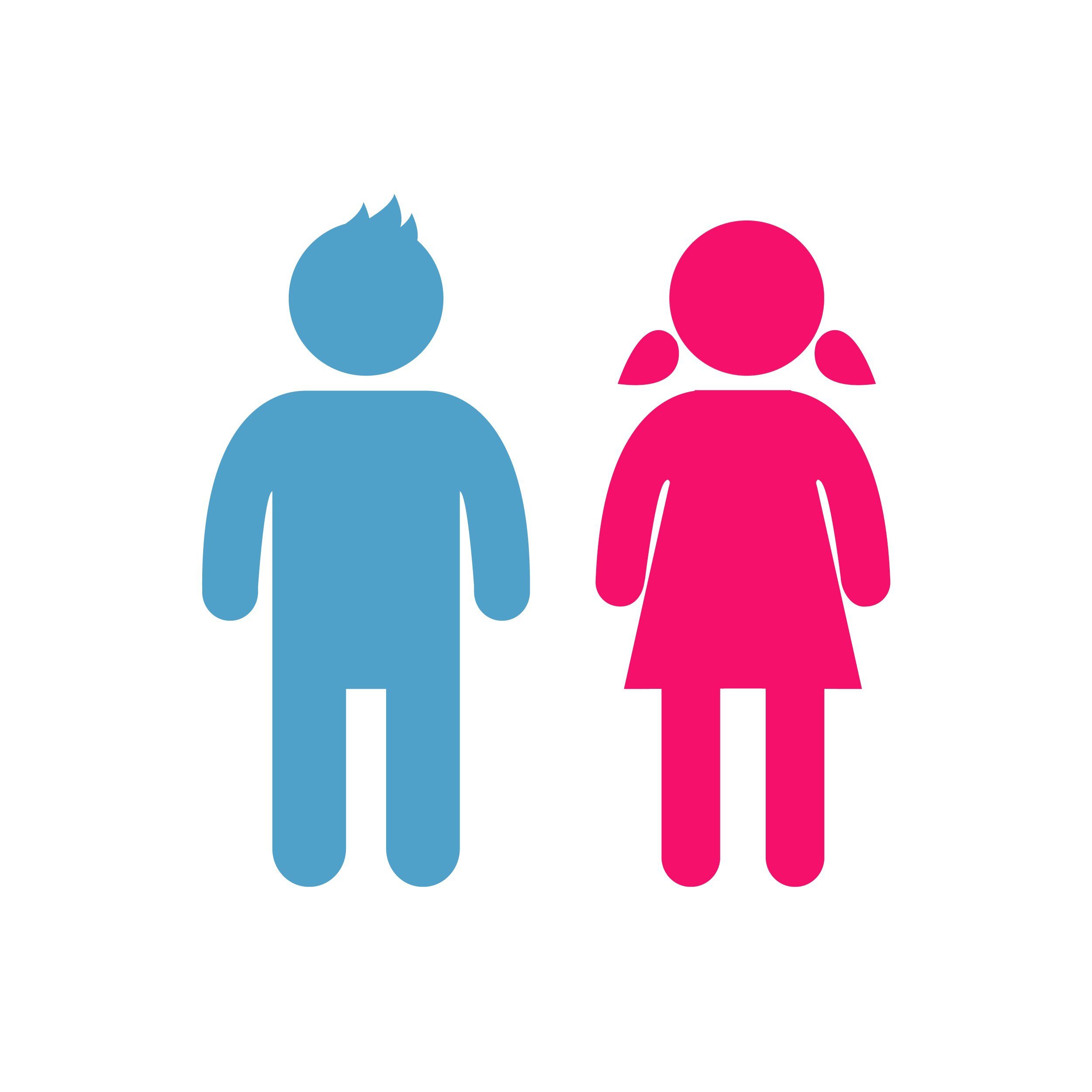- A Neurosis and Psychosis
- B Multiaxiol System (DSM-IV R)
- C Criteria of Normality
- D Modern Concept of Abnormality
Answer:
A
The traditional criteria for abnormality include neurosis and psychosis. Neurosis refers to a class of functional mental disorders involving distress but not delusions or hallucinations, while psychosis refers to a mental disorder characterized by a disconnection from reality, including delusions and hallucinations.
 Psychology, social influence and group processes
Psychology, social influence and group processes  Personality
Personality  Adjustment
Adjustment  Health Psychology
Health Psychology  Psychological Disorders
Psychological Disorders  Identity Development
Identity Development